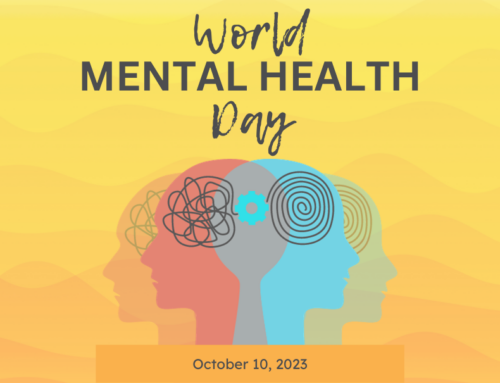You would think that with the seemingly endless technology that is available to us, employees would be so productive that they would be able to accomplish their work in fewer hours. In fact, economist John Maynard Keynes predicted nearly a century ago that his grandchildren would only need to work about 15 hours per week and that they would be able to use the rest of their time on personal interests and ventures.
But it did not turn out how Keynes expected. Not only are we not logging in fewer hours at the office, but we are actually spending even more time at the office. Beyond that, we are doing more work outside of the office, and are constantly connected. We might be working more hours, but this time is not necessarily productive. It has been estimated that on average people spend less than three hours per day truly focused on accomplishing their work.
Constant connectivity is failing us. In some cases, the effects are incredibly damaging. In some countries – Japan in particular – people have actually died from overworking. This includes things like heart failure, starvation, and even suicide. While not all cases are this extreme, overworking can also lead to burnout, which is very common. Employees that are overworked tend to have lower job satisfaction and higher absentee rates which leads to greater turnover and more costs being spent on recruitment and training.
Some companies are beginning to realize that – when it comes to time – less can sometimes be more. For example, a company in New Zealand tested out a shortened workweek where employees only worked Monday through Thursday for one month. They were paid the same during this time. The result? An increase of nearly 25% in employee satisfaction with no difference to overall productivity.
Healthcare is an industry that is known for its long and stressful hours. In Sweden, a hospital and nursing home saw great success when it tested out shorter, six-hour shifts. Not only were employees reportedly happier, healthier, and more productive, but the patients also benefited from lowered wait times and increased efficiency on the job.
Many people believe incorrectly that more hours on the job directly correlates to higher productivity. This is only true up to a point. It might be worth experimenting with your team to see if working fewer hours could actually increase employee happiness as well as efficiency. If so, this is truly a win-win situation.
Photo by Artem Beliaikin on Unsplash






